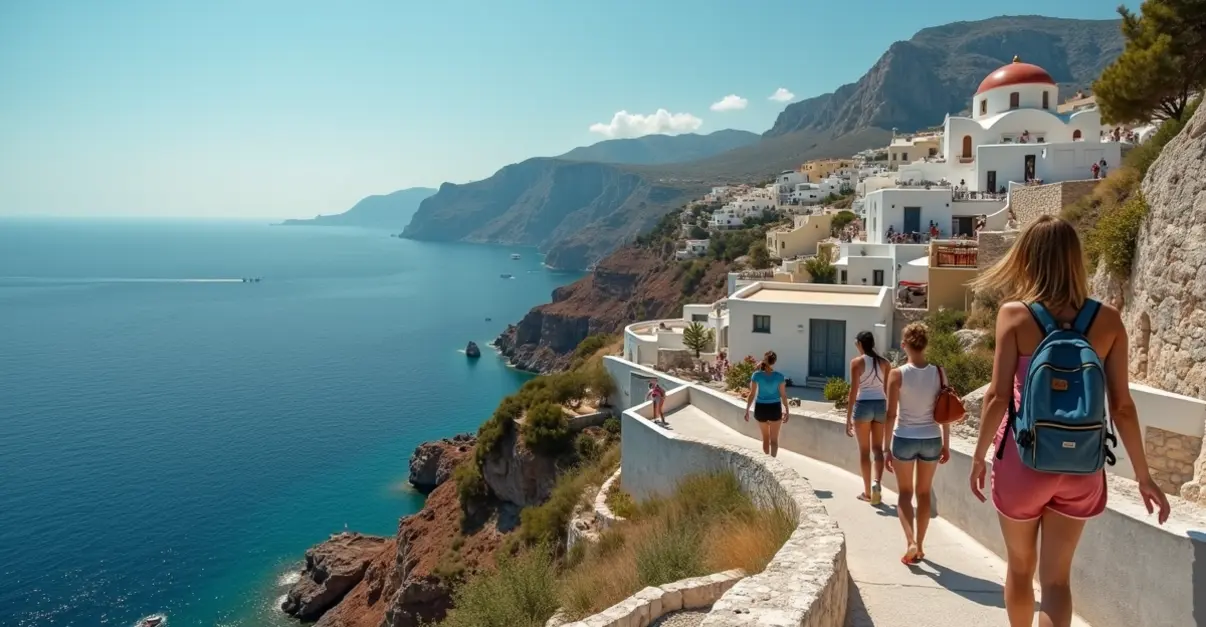Tourism recovery is driving economic growth by boosting local spending, creating jobs, and supporting businesses worldwide, with examples from Thailand and Europe highlighting positive impacts.

Tourism Economy Recovery: How Travel Rebounds Boost Local Economies
In the wake of global disruptions, the resurgence of tourism is proving to be a vital catalyst for economic recovery in communities around the world. As travel restrictions ease and confidence returns, the influx of visitors is injecting much-needed revenue into local businesses, from small shops to hospitality sectors.
Positive Economic Impacts
Tourism directly contributes to local economies through spending on accommodation, food, entertainment, and retail. For instance, in 2019, global tourist spending amounted to approximately US$1.45 trillion, highlighting its significant role. "The return of tourists has been a lifeline for our family-run hotel," says Maria Gonzalez, a hotel owner in Spain. "After a tough period, we're seeing occupancy rates climb, which means more jobs and stability." This direct spending creates a ripple effect, supporting supply chains and inducing further economic activity.
Indirect Benefits and Challenges
Beyond direct expenditures, tourism drives indirect benefits such as infrastructure improvements and increased demand for local goods. However, it's not without challenges. Over-tourism can strain resources, leading to environmental issues like pollution. Balancing growth with sustainability is key. "We're focusing on eco-tourism to ensure long-term benefits without harming our natural assets," notes Dr. James Lee, an economist specializing in tourism. Sources like _Wikipedia_ detail how investments in tourism can account for over 50% of GDP contributions in some regions.
Global Examples of Recovery
Countries like Thailand exemplify this rebound. After a dip during the pandemic, tourism is rebounding, with projections showing strong growth. In 2024, Thailand attracted millions of visitors, boosting its economy significantly. Similarly, destinations in Europe and beyond are leveraging tourism to recover from economic downturns. This trend underscores the importance of adaptive strategies, such as promoting off-season travel or digital nomadism, to sustain recovery.
As we move further into 2025, the continued revival of tourism promises to uplift local economies, fostering job creation and community development. Stakeholders are optimistic, but emphasize the need for inclusive policies that benefit all residents.

 Nederlands
Nederlands
 English
English
 Français
Français
 Deutsch
Deutsch
 Español
Español
 Português
Português









